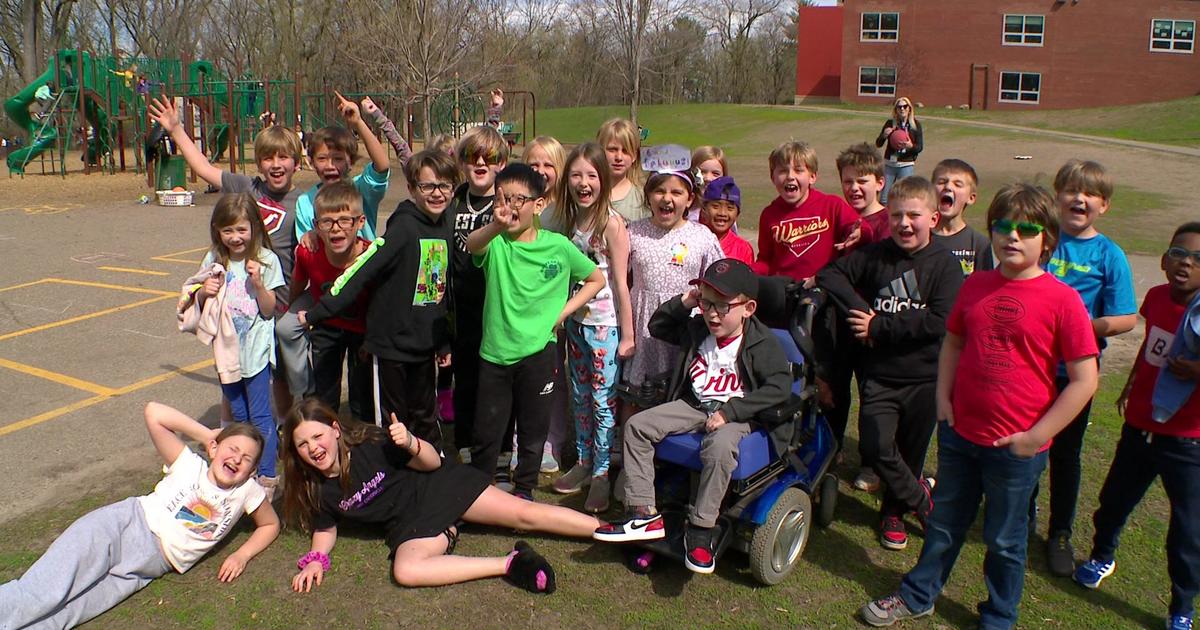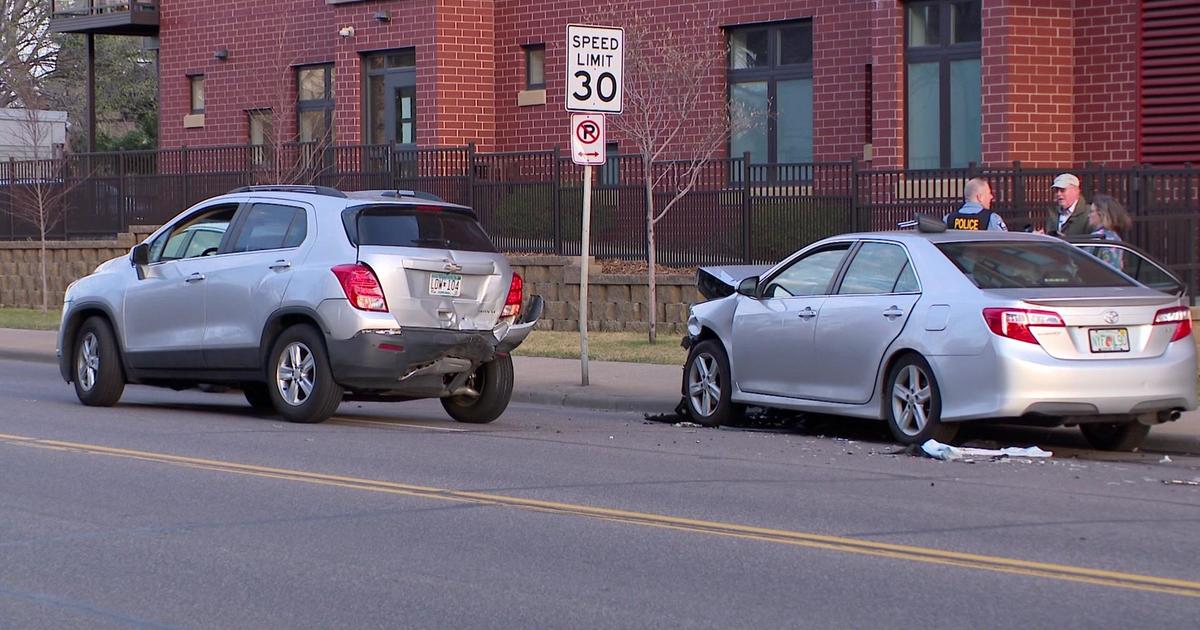Local Author Says Social Media Can Leave Young Girls Vulnerable
MINNEAPOLIS (WCCO) -- New technology doesn't just leave your personal information vulnerable -- it can leave people, especially young girls, vulnerable.
A new book called "American Girls: Social Media and the Secret Lives of Teenagers" examines how easy it is for predators to befriend girls online. The publication comes following a case in Virginia where two college students are charged with the murder of a young girl one of them had met online.
Prosecutors in Virginia say 13-year-old Nicole Lovell met 18-year-old David Eisenhauer on Facebook. Their relationship blossomed through the use of the anonymous text messaging service Kik. Friends say Nicole was convinced she and Eisenhauer would someday marry, and that she was in love with him. Eisenhauer and another Virginia Tech student are now charged with Nicole's murder
The issue of social media's impact on girls and families is also the subject of a book edited by University of St. Thomas Professor Carol Bruess. She says most parents are not aware of the extent social media is defining our children's views of who they are.
"Our teens can sit in their bedrooms, developing relationships with anyone in the world," Bruess said. "It's not surprising that a teen might develop an online relationship and really believe she loves this person, even though she never met him."
Bruess says online bullying is common, too.
"The likelihood that a young person -- a teen -- is going to experience some kind of bullying -- negative behavior directed at them -- is extremely high," she said.
And because social media platforms are so accessible, it can create a lot of stress for teens.
"Some of the research shows that the more our teens are checking their social media, the more distressed they become," Bruess said. "The average teen is checking his or her phone every six and a half minutes."
And with an ever-expanding array of social media platforms, many allowing anonymity, Bruess says parents need to know how much they don't know.
"The digital space is changing so quickly that even those parents who are really engaged can't possibly keep up," she said.
Professor Bruess says parents need to have an ongoing dialogue with kids, starting as young as 7 years old, about social media. She says many parents are reluctant to do that because they don't want to alienate their kids.
She says a parent's role is not to be their kid's friend, but to keep them safe.



